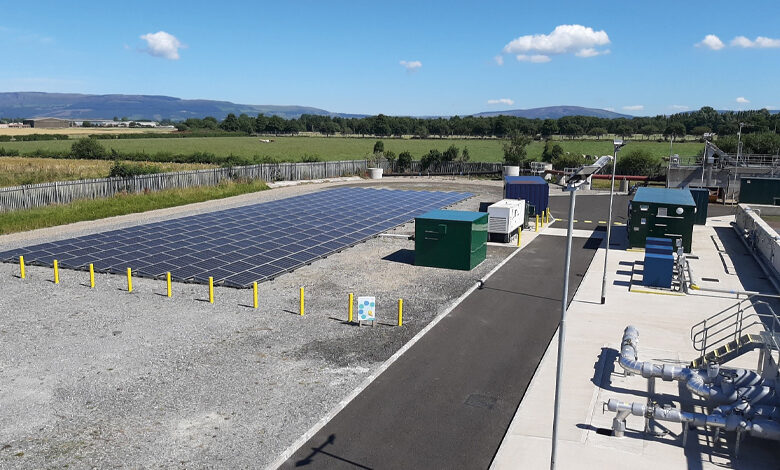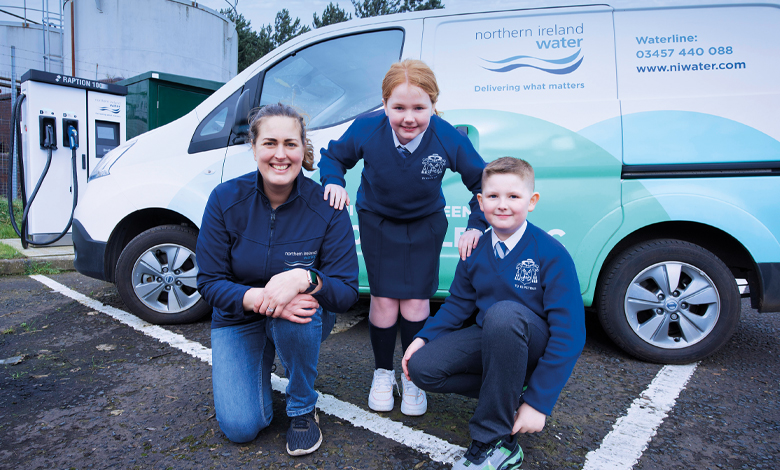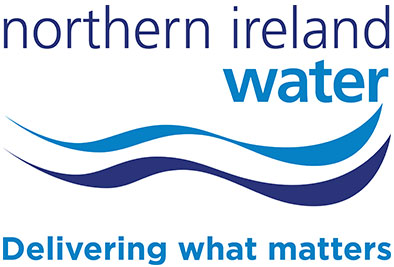A green growth environment

The opportunity exists to make the environment an ally in ending Northern Ireland’s dependence on the legacy of bygone eras, whether it is the Victorian sewage network, or fossil fuels.
Northern Ireland, like many countries, faces a series of tensions going forward; tensions between the desire to revitalise local economies; the equally important need to achieve net zero and protect our precious environment; and the hard reality that public expenditure is under severe pressure, while inflation means money does not go as far as it used to.
Two other local factors also bring those tensions into particularly sharp relief.
The first is that the target of net zero by 2050 is no longer just an aspiration in Northern Ireland. As a result of Assembly legislation, it is now the law.
The second is that we are starting further back than we should be in trying to protect our environment. The historic failure to invest enough in wastewater management services, to treat it as the essential service that it is, has caught up with us as a country.
Not only do we now need to modernise our wastewater system, we also need to catch up with growing public expectations around the environmental impact of those services.
A Victorian system that was traditionally designed to use heavily diluted discharges as a relief valve at times of particularly intense rainfall, is increasingly at odds with the public’s legitimate desire to avoid any sort of pollution.
And that awareness of the limitations of the current system has driven constraints on development, whether for housing or business, right across Northern Ireland. Constraints that, in turn, act as a brake on local economies.
So how do we begin to square the circle of these apparently conflicting challenges?
The first step is to be clear about what we want and the outcomes we want to achieve.
We want Northern Ireland to decarbonise both to achieve net zero by 2050, and to end our dependence on carbon fuels which not only threaten the planet, but also in the last year have placed such pressure on all our budgets as a result of volatile global markets. We want a stable, indigenous source of energy.

We also want to be able to both lessen our environmental footprint and allow local communities and business to grow organically.
And, finally, we want Northern Ireland to be an example to the world of green growth to fulfil the vision of the 10X economy and attract investment and high skilled jobs.
Doing so, however, means recognising the need to address these challenges as a whole rather than individually. Collectively we need to innovate, collaborate and act with both
urgency and agility.
And that is at the heart of NI Water’s approach.
As an organisation that has spent the last decade and more refining its processes and operations, NI Water recognises that the next generation of efficiencies has to come from addressing structural inefficiencies, such as the amount it pays for its largest cost item: the energy it uses.
That means, as set out in our Power of Water report, finding ways to use less, and, also, more fundamentally, making the shift to renewable energy through the use of wind and solar power, electrolysis, and hydro power.
The result would be good not just for NI Water and its budget, but also Northern Ireland as a whole in helping it reach that 2050 net zero target.
But that also means decarbonising both our own operations and that of our supply chain, as well as increasing the resilience of our assets so as they can deal with the impact of a changing environment as set out in our Climate Change Strategy.
“We want Northern Ireland to be an example to the world of green growth to fulfil the vision of the 10X economy and attract investment and high skilled jobs.”
Thirdly, it also means finding a way to align the desire for local development with the imperative of easing our environmental footprint.
That Northern Ireland historically did not invest enough in its wastewater services has now been accepted across government, regulators, and the public at large.
Our current regulatory settlement reflects that recognition by allocating new investment to help modernise the network, but the hard reality is that inflation in the construction industry, as in other infrastructure projects, has impacted that work and, even when it is finished it will take many years to clear the backlog.
The other reality is that as we have learnt over the past few years a uniform, one-size-fits-all approach does not always reflect local circumstances or timescales. We need a more sophisticated approach, one that balances economic, social, and environmental imperatives at a local level with the need to ensure equity across Northern Ireland as a whole.
That is no easy task. It demands innovation, not just in terms of technology, but also in how the various agencies come together to find workable solutions. Collectively, NI Water, our regulators, government departments, and local representatives need to find ways to analyse, assess, and act to address the legacy of constraints we are all faced with.

Different solutions may be appropriate in different locations, but so long as they help achieve the outcomes of decarbonisation, protecting the environment and encouraging green growth we need to show the agility and flexibility to recognise and respond to those differences.
The environment has always been central to what makes Northern Ireland the special place that it is, but now we have the opportunity to make that environment an ally in ending our dependence on the legacy of bygone eras, whether it is the Victorian sewage network, or fossil fuels.
Now we can use modern technology to harness the wind, the sun, water, and our unique geography, to help Northern Ireland, its economy, and local communities make that transition. NI Water will keep playing its part in doing so.

Contact us
E: waterline@niwater.com
W: niwater.com/contact-us





